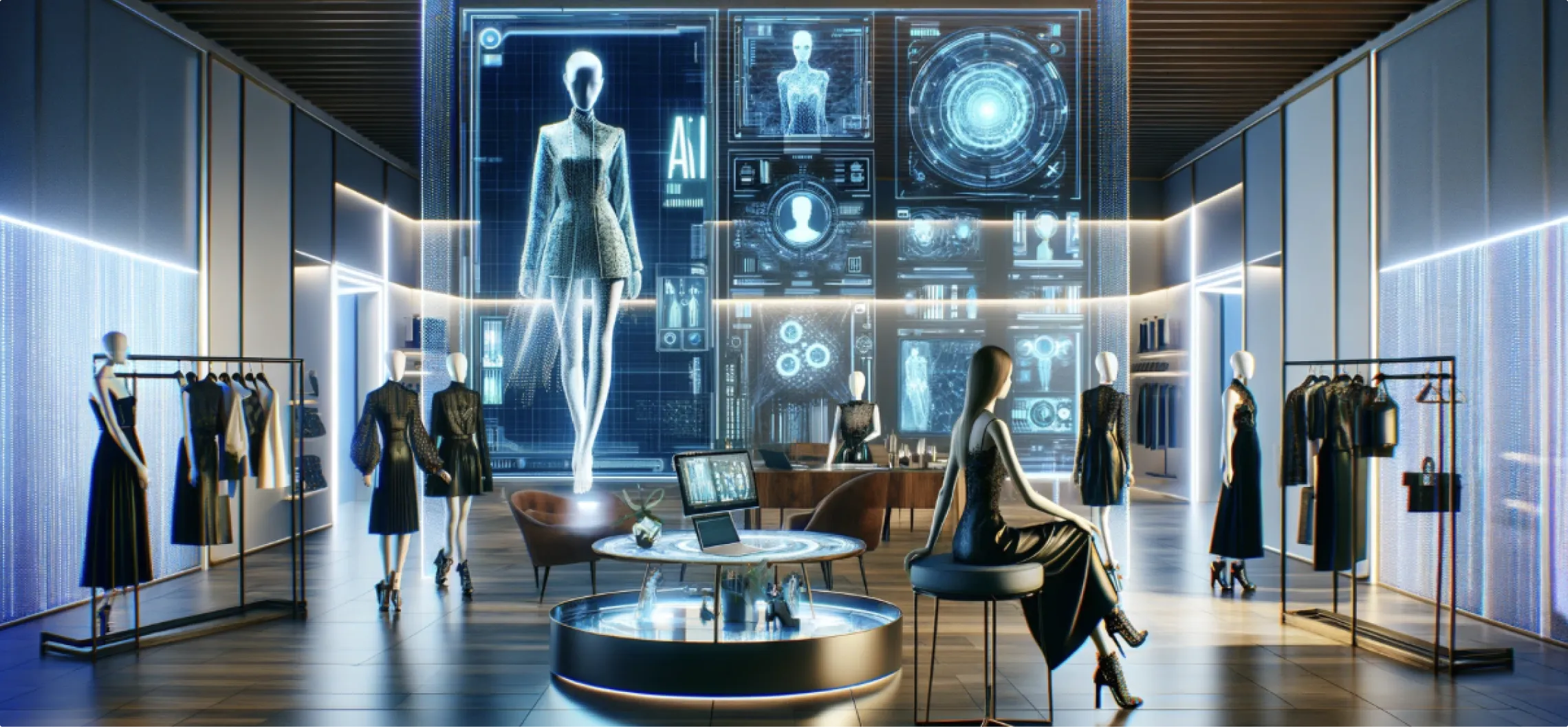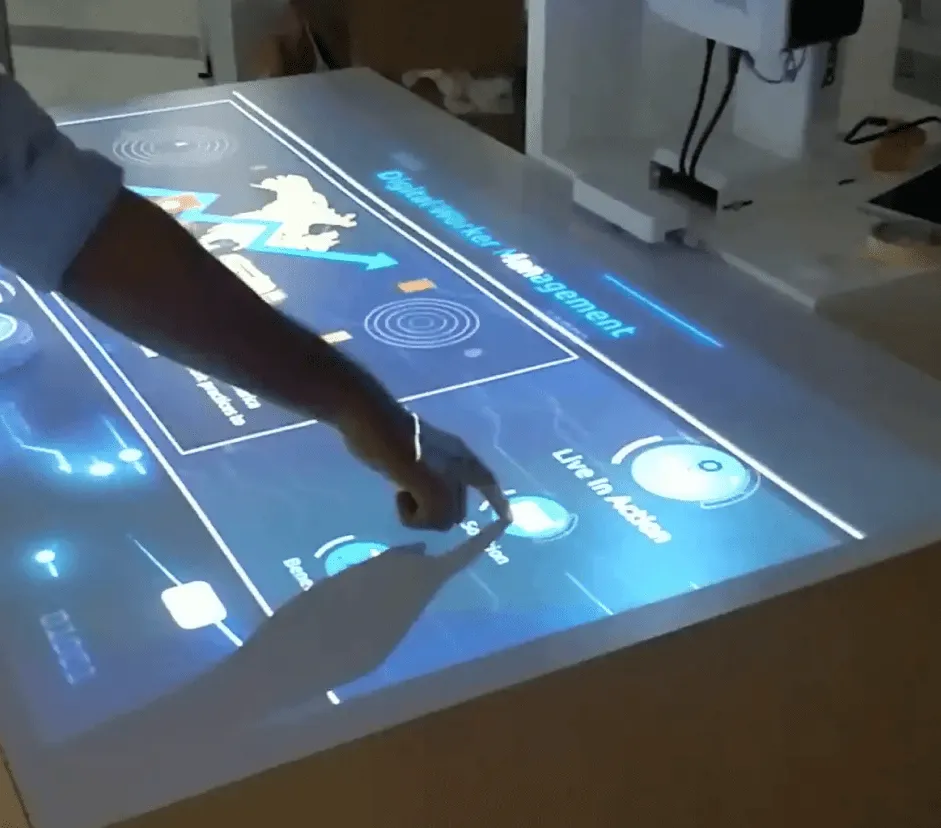Augmented Reality Services - A Game Changer For Businesses

Augmented reality (AR) is a revolutionary technology that is transforming the way businesses operate in various industries. It not only captivates audiences but also enhances customer experiences, boosts sales, and streamlines operations, making it a powerful tool for businesses seeking to stand out in the rapidly evolving digital landscape.
What is Augmented Reality (AR)?
A technique known as augmented reality projects digital data such as pictures, movies, and 3D models over the real world. A composite view is produced by this superimposition, which improves the sense of reality. In contrast with virtual reality (VR), which immerses viewers in a wholly digital world, augmented reality (AR) improves the current surroundings.
The Rise of Augmented Reality in Business
Over the last decade, the adoption of AR in business has skyrocketed. It offers a unique and interactive way for companies to engage with customers and employees, bridging the gap between the physical and digital worlds.
Benefits of Augmented Reality Services
Enhanced Customer Engagement
AR provides a captivating and immersive experience for customers. Businesses can use AR to create interactive advertisements, product demonstrations, and in-store experiences, resulting in increased engagement and brand loyalty.
Improved Product Visualization
For businesses selling products, AR allows customers to visualize items in their real-world environment. This is particularly valuable for the furniture, fashion, and automotive industries, where customers can "try before they buy."
Streamlined Training and Maintenance
Incorporating AR into employee training and maintenance processes can save time and resources. Employees can receive step-by-step guidance in real-time, reducing errors and increasing efficiency.
Industries Embracing AR
Retail
Retailers are using AR to enhance the shopping experience. Customers can use AR apps to see how furniture fits in their homes or virtually try on clothes, making shopping more interactive and enjoyable.
Healthcare
AR is transforming medical education, surgery, and patient care. Surgeons can use AR for precise visualization during operations, and patients can better understand their treatment plans through interactive 3D models.
Real Estate
In the real estate industry, AR allows potential buyers to explore properties virtually. This is a game changer, saving time for both real estate agents and clients.
Automobile
AR technology is revolutionizing automotive design, maintenance, repair, navigation, showrooms, training, user manuals, and test drives by enabling 3D models, reducing costs, enhancing safety, and providing immersive experiences.
Case Study
India's Capgemini and Ink In Caps have created a high-tech virtual car showroom to replace the traditional physical showroom experience during the pandemic.
The platform replicates the A-Z touchpoints of a physical showroom, offering customers an offline experience from their homes.
It features 360-degree navigation, captivating graphics, and a user journey divided into reception, lounge, 3D car configurator, and sales zone. The 3D car configurator features an AR experience, allowing users to configure their car by scanning a QR code.
Conclusion
Augmented reality services are revolutionizing businesses by enhancing customer engagement, improving product visualization, and streamlining operations, despite facing challenges and offering clear benefits.
Contact Us Now:
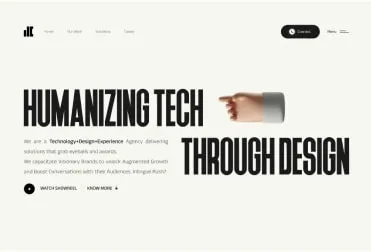

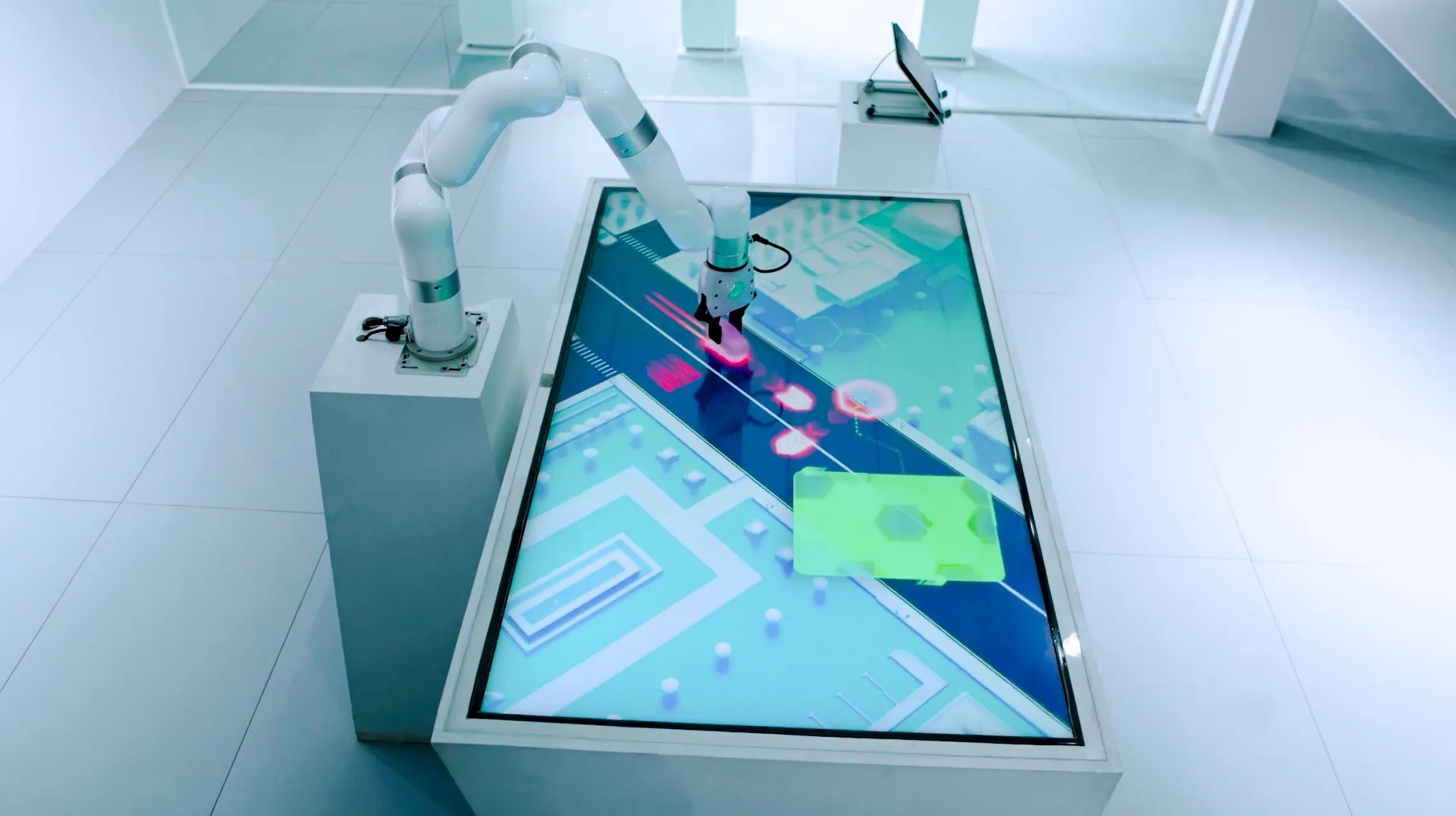
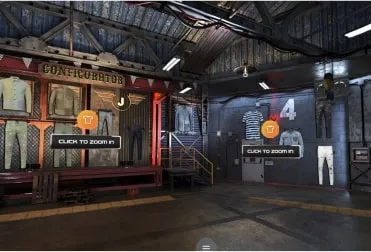
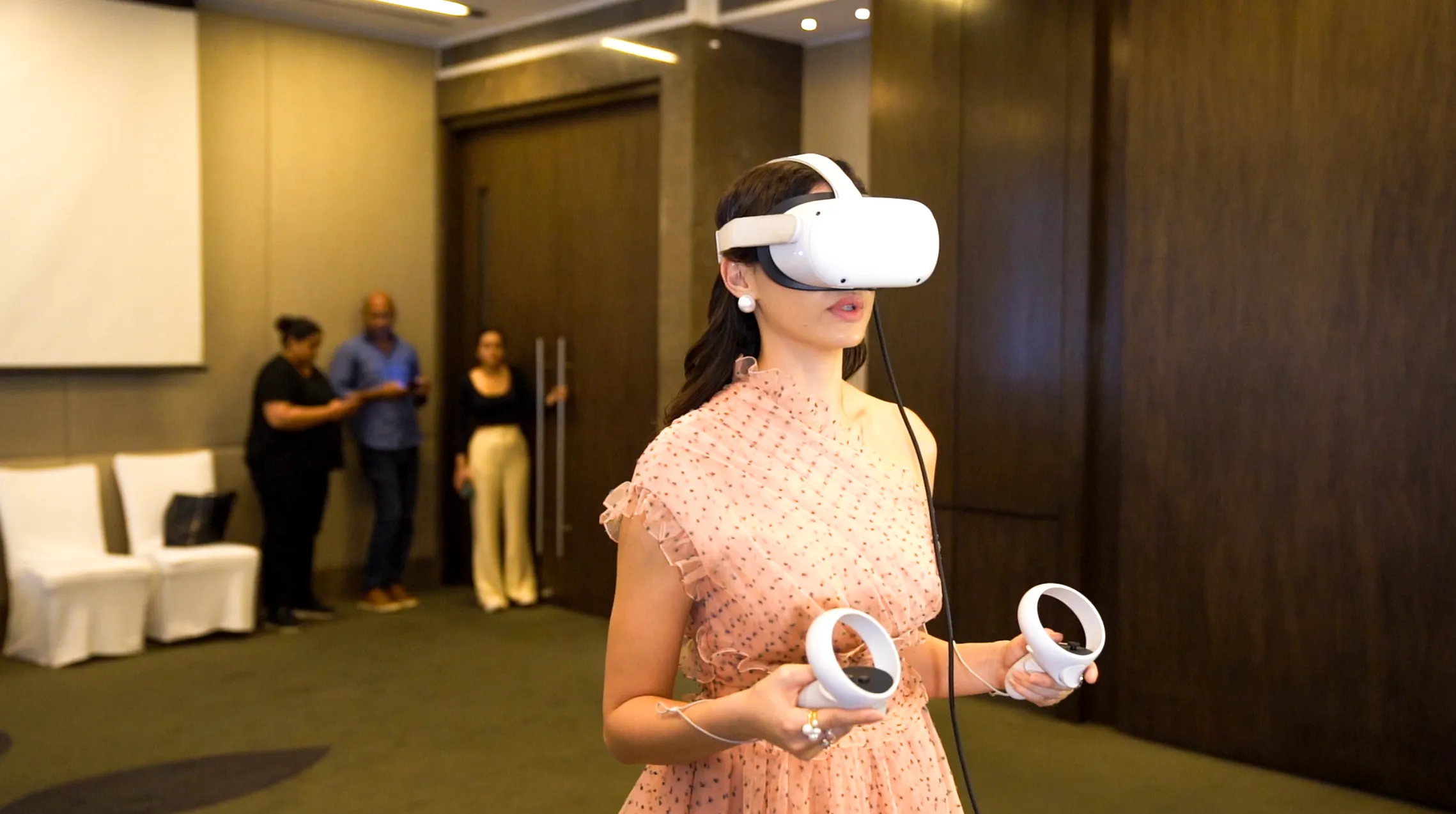

.CNhas5IL_ZqBJiz.webp)


